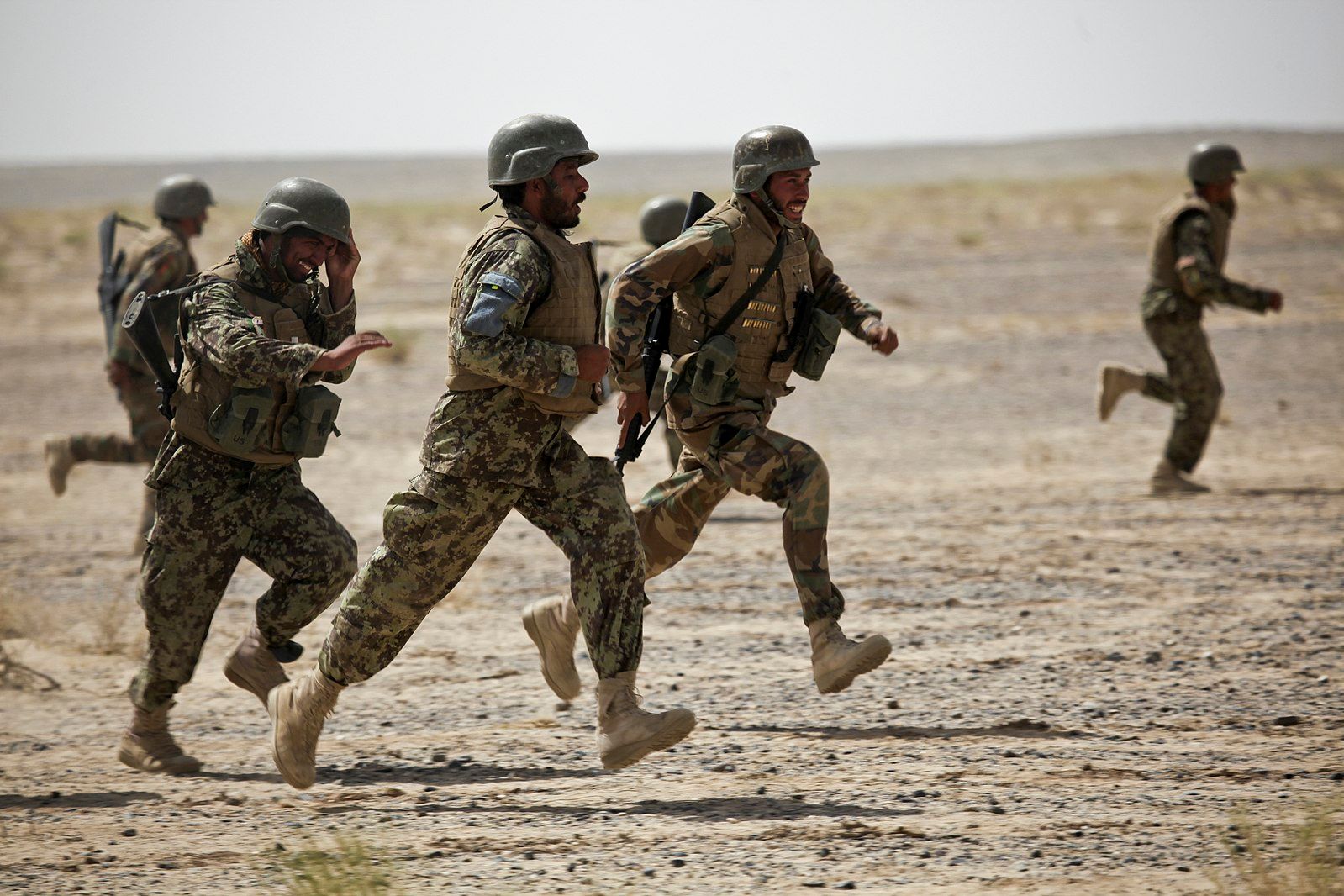Very frequently in America we find ourselves talking about how best to support the development of democracy in other countries. It’s an understandable goal and one which we at Spectacles share, but foreign involvement can easily be a very counterproductive business. In Iraq, elections this weekend are likely to bear this lesson out.
From 2019 until earlier this year, Iraq was engulfed in widespread protest. In response to demands for less corrupt and more accountable politics, citizens were met with extreme violence. Not only did the government respond with tear gas and the indiscriminate spraying of rubber bullets, they also employed marksmen with live ammunition. What’s more, many higher-profile critics were assassinated.
Eventually, the government acquiesced and pursued some fairly substantial electoral reforms in order to address dissatisfaction. In 2020, Iraq’s political map was revamped, changing the number of electoral districts from 18 to 83.
The idea behind this reform was simple. The previous system utilized complicated and confusing calculations to determine seats. If Iraq had a more straightforward electoral setup and offered a lower barrier-to-entry for politicians to compete for a smaller community’s support, politics would improve. The dominance of the corrupt political elites would be weakened.
Over time, protests have quieted, and violence has somewhat abated. However, restoring Iraq’s democratic potential to recover from record-low turnout in 2018 will be much more difficult than simply redistricting. Many young people and protestors, for example, are vowing to boycott the vote this weekend.
Such a reform is bound to be insufficient, because it fails to strike at the heart of the deficiencies in Iraq’s political system. Even with new opportunities for non-establishment politicians to compete, the political system remains heavily skewed.
For example, in some highly contested areas, politicians are going door-to-door buying the votes of single individuals for as much as $1000. When a deep-pocketed party can fund that kind of candidate and campaign, there’s only so much edge a maverick can gain from a smaller district.
The story in Iraq is not so different from what Spectacles wrote about Afghanistan not long ago. As America and others backed a nominally democratic regime, money poured into the country from abroad.
The trouble is that democracy develops best when public leaders derive their legitimacy—and governments their funding—from the public and from taxes. This generates an accountability structure whereby a government is going to experience pressure to utilize public funds to fulfill public demands. If they don’t, they risk being removed from office or worse.
When that connection doesn’t exist, as when a government derives much of its funding from abroad, incentives shift. Leaders will spend money as their foreign backers desire, fearing not a loss of public support but an absence of funding from abroad, often precluding long-term sustainable public development. This is just what happened in Afghanistan.
In Iraq, there can be no doubt that two decades of incessant violence and instability—beginning with the US invasion in 2003 and proceeding through the rise and fall of the Islamic State terror group (ISIL)—have severely hobbled both democratic and economic development.
Unlike Afghanistan, Iraq’s treasury is not so dependent on foreign governments, though there are different dangers posed by their reliance on oil. Instead of broad government reliance on foreign actors, Iraq is suffering from some political parties’ dependence on international support. For example, one of Iraq’s leading parties, the Fateh Alliance, is demonstrating the destructive influence of foreign governments on domestic accountability.
Fateh was established as a military unit in Iran and fought alongside Iranian forces against Iraq in the Iran-Iraq War of the 1980s. Since then, it joined in the fight against ISIL and has established its own political party. The group remains heavily backed and funded by the Iranian government.
Fateh is well-positioned to continue being a significant weight in Iraqi politics, which doesn’t bode well for the country’s development. If it gains power, its interests will undoubtedly be shaped more by the desires of Iranian backers than Iraqi voters.
Some argue that no matter what kind of government or leadership a country has, it will pursue development. Whoever’s in charge wants to collect more taxes, and more development means more taxes. But as in Afghanistan, international politics and involvement are seriously complicating domestic development in Iraq.
Subscribe to SpectaclesFor more on the complexities of domestic development, listen to tomorrow’s Bird’s Eye on the “Stationary Bandit” theory. And don't forget to check out the article referenced above, about Afghanistan. It's a great one from Harry.




Comments
Join the conversation